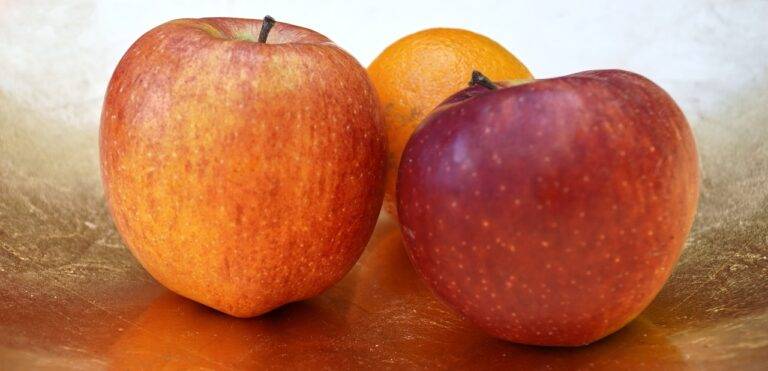The Role of Microbreweries in Promoting Sustainable Foraging Practices: Cricketbet999, 11xplay online id, Betbhai9
cricketbet999, 11xplay online id, betbhai9: In recent years, microbreweries have been gaining popularity for their unique and high-quality craft beers. These small-scale breweries have been at the forefront of promoting sustainable foraging practices by sourcing local and wild ingredients for their brews. This article will explore the role of microbreweries in promoting sustainable foraging practices and how it can benefit both the environment and the beer industry.
What are Microbreweries?
Microbreweries are small-scale breweries that produce limited quantities of beer, often focusing on quality and unique flavor profiles. These breweries are known for their experimentation with different ingredients and brewing techniques to create one-of-a-kind craft beers that stand out from mass-produced beers. Microbreweries are usually independently owned and operated, allowing for more creativity and flexibility in the brewing process.
The Role of Microbreweries in Promoting Sustainable Foraging Practices
Microbreweries play a crucial role in promoting sustainable foraging practices by sourcing local and wild ingredients for their beers. By working closely with local farmers, foragers, and communities, microbreweries are able to support local economies and reduce the carbon footprint of their brewing operations. Here are some ways in which microbreweries are promoting sustainable foraging practices:
1. Sourcing Local Ingredients: Many microbreweries work with local farmers to source fresh and seasonal ingredients for their beers. By using locally grown produce, microbreweries can support local agriculture and reduce the environmental impact of transporting ingredients over long distances.
2. Foraging Wild Ingredients: Some microbreweries take sustainable foraging a step further by sourcing wild ingredients from nature. By foraging for wild plants, herbs, and fruits, microbreweries can create unique and flavorful beers that reflect the terroir of the region.
3. Collaborating with Foragers: Microbreweries often collaborate with foragers and local communities to source wild ingredients sustainably. By working together, breweries can ensure the responsible harvesting of wild plants and support the preservation of natural habitats.
4. Educating Consumers: Microbreweries play a crucial role in educating consumers about the importance of sustainable foraging practices. By highlighting the use of local and wild ingredients in their beers, breweries can raise awareness about the benefits of supporting local farmers and foragers.
5. Promoting Biodiversity: By sourcing a variety of local and wild ingredients, microbreweries can promote biodiversity and preserve local ecosystems. By using lesser-known ingredients in their beers, breweries can also help to revitalize traditional farming practices and indigenous plant species.
6. Supporting Small-Scale Producers: Microbreweries often work with small-scale producers and suppliers to source ingredients for their beers. By supporting small-scale farmers, foragers, and artisans, breweries can contribute to a more diverse and sustainable food system.
FAQs
Q: Are all microbreweries committed to sustainable foraging practices?
A: While many microbreweries prioritize sustainable practices, not all breweries may be focused on sourcing local or wild ingredients. It’s essential to research and support breweries that align with your values.
Q: How can consumers support microbreweries promoting sustainable foraging practices?
A: Consumers can support microbreweries promoting sustainable foraging practices by choosing to purchase beers made with local and wild ingredients. By choosing these beers, consumers can help to incentivize breweries to continue their sustainable sourcing practices.
Q: What are some examples of microbreweries known for their sustainable foraging practices?
A: Some microbreweries known for their commitment to sustainable foraging practices include Scratch Brewing Company in Illinois, Forager Brewery in Minnesota, and Earth Eagle Brewings in New Hampshire. These breweries source a variety of local and wild ingredients for their beers, creating unique and flavorful brews.
In conclusion, microbreweries play a vital role in promoting sustainable foraging practices by sourcing local and wild ingredients for their craft beers. By working closely with local farmers, foragers, and communities, microbreweries can support local economies, promote biodiversity, and raise awareness about the importance of sustainable sourcing practices. By choosing to support microbreweries that prioritize sustainability, consumers can help to create a more environmentally friendly and diverse beer industry. Cheers to sustainable foraging and delicious craft beers!







